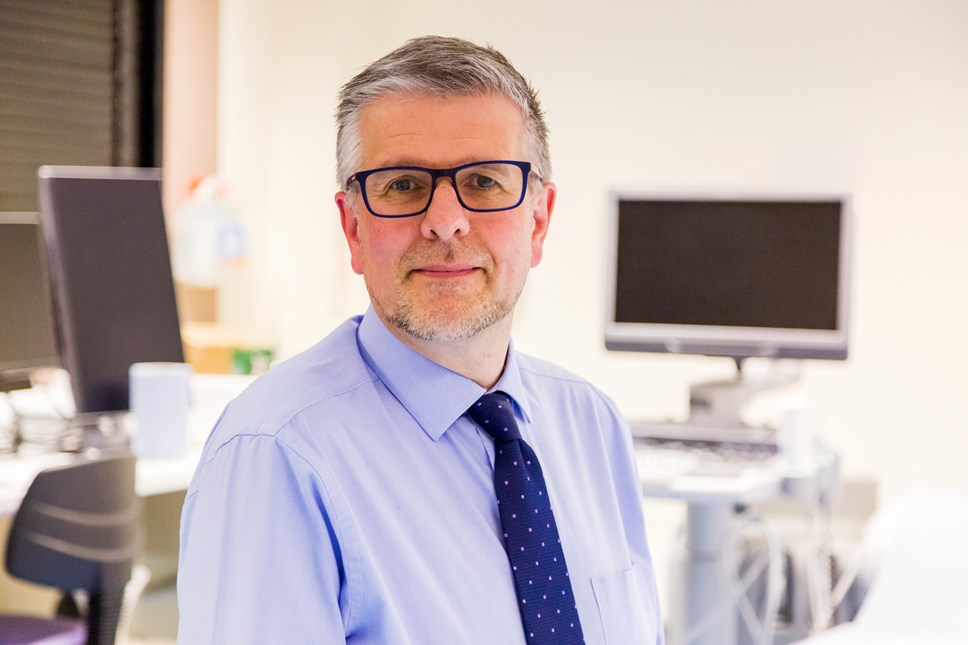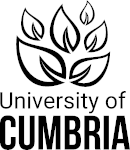
New academy to answer urgent ultrasound shortage
Pressure resulting from increased patient demand coupled with a shortage of trained staff, is a familiar story in many ultrasound departments across the country.
But now thanks to new NHS funding, the University of Cumbria is forging an innovative way of training sonographers, the health professionals who perform ultrasound scans, that not only ensures they are better prepared for clinical placement but simultaneously increases the NHS’ capacity to train them.
The university has secured a grant of nearly £400k to establish a new ‘ultrasound academy’ centred on the university and working in partnership with two NHS trusts - Morecambe Bay NHS Trust and The Countess of Chester NHS Foundation Trust.
The award will be used to create two dedicated training rooms located in both trusts that will house state-of-the-art ultrasound scanners.
The university's existing simulation lab will also be enhanced to offer students a premier simulation experience.
Locating the training rooms in Ellesmere Port Hospital and the Royal Lancaster Infirmary deliberately ensures an even geographical spread of facilities to the north and the south of the county.
University and clinical staff will act as ‘travelling trainers’ and will support students in both the clinical settings and the university lab.
Charles Sloane, Professional Lead for Medical Sciences at the university, is thrilled to make the announcement and is keen to point out the dual benefit of the facilities to both students as well as the community.
He said: “The training rooms will not only act as an excellent training facility which will help to address chronic NHS workforce shortages in ultrasound but will also be an excellent additional healthcare resource for the local communities.”
Currently the NHS operates with a 9% vacancy rate with some ultrasound departments running with at 60% vacancies.
By forming the new ultrasound academy, the university and both NHS trusts aim to attract as many students as possible and provide the clinical places required to address this need.
Dr Shahedal Bari, Medical Director for University Hospitals of Morecambe Bay NHS Foundation Trust, said: “We are honoured to be chosen as one of two trusts in the North West to be part of this partnership with the University of Cumbria and The Countess of Chester NHS Foundation Trust.
“The new ultrasound academy is an exciting new approach and will give our trainee ultrasound specialists access to state-of-the-art equipment and the best training possible in their field.”
The academy will in the first instance offer facilities to students who enrol on postgraduate ultrasound courses such as the MSc Direct Access Ultrasound.
Students will benefit from two bespoke placements at the Ellesmere Port Hospital and Royal Lancaster Infirmary, working in real clinical settings with qualified sonographers on patients to refine skills learnt on university simulators.
The university lab will also offer specialist continuing professional development (CPD) courses such as Musculoskeletal Ultrasound for a range of professionals such as doctors and physiotherapists.
This news comes in the wake of the announcement that radiographers who specialise to become sonographers will benefit from new government healthcare grants.
The new grants offer all those studying nursing, midwifery and many allied health professions at least £5,000, with more available to students with children and those studying specialist disciplines where recruitment is challenging, such as radiography.
The initial project is set to run for 18 months, but with the intention of extending it into a sustained relationship of at least five years.
Students enrolling on courses from September will enjoy the facilities offered by the new academy.
ENDS
Pictured: Charles Sloane, Professional Lead for Medical Sciences, University of Cumbria
Radiography simulation lab due to be upgraded at the university
Student trying out their skills in simulation lab
Lancaster campus
